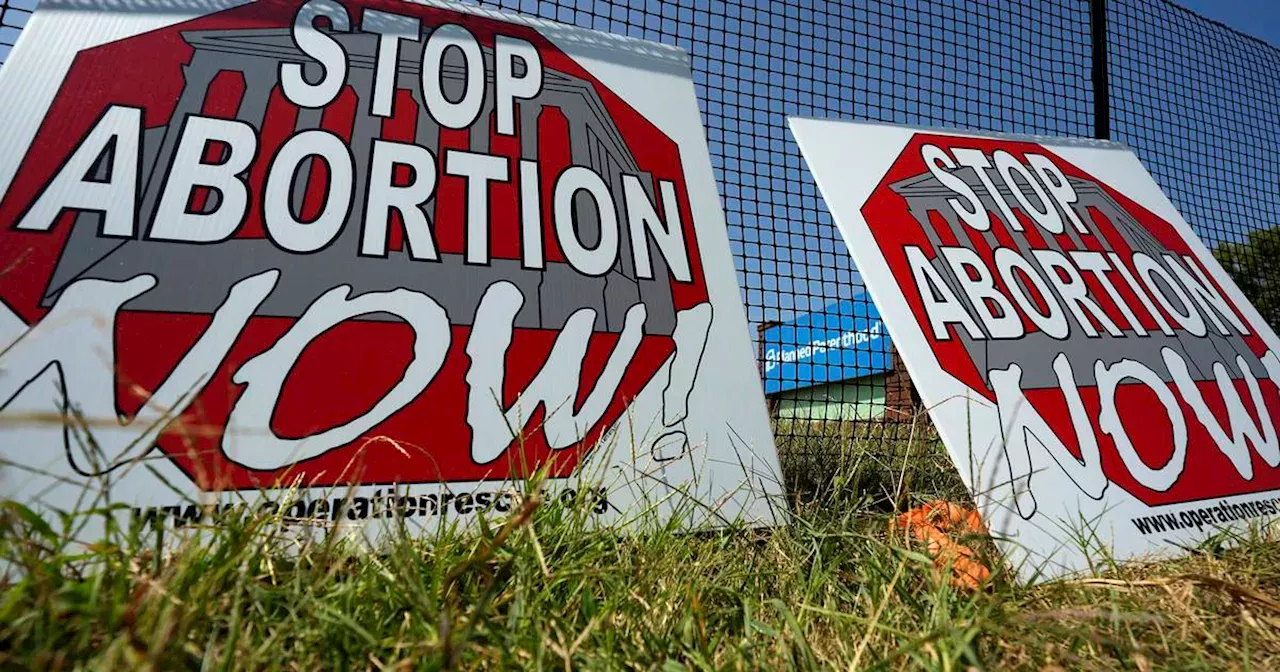Online health influencers have plenty to say lately about oils. We should cook with certain oils, banish others from our pantries, swish them around our mouths for flawless gumlines, and lather our bodies and hair with them for everlasting beauty. About the only purposes not suggested for oils are finding lost socks and doing our taxes.
The focus on oils isn't exactly new; they've been praised and debated for eons. The difference today is that scientific research can help separate fact from fiction. But studies are often misunderstood or rejected in favor of personal anecdotes that may be unreliable.

Here are the biggest oil myths going around the internet, according to scientists. Myth #1: It's bad to cook with olive oil The unrefined version of olive oil—extra virgin, or EVOO—provides significant health benefits, especially in preventing heart disease. However, some online gurus say cooking with EVOO is problematic because of its low smoke point, meaning that, when heated, it may start smoking sooner than other oils.
The smoke is viewed as a signal of chemicals developing in food that may eventually cause cancer and heart disease. But scientific research doesn't support this "where there's smoke, there's fire" theory. In fact, cooking with EVOO can make both the oil and the food it's covering healthier, compared to the same food eaten raw, according to recent research.
Smoke "doesn't correlate very well with the actual breakdown of the oil," says Selina Wang, associate professor of food science and technology at University of California, Davis. EVOO is packed with phenols, compounds that support health partly by reducing inflammation. Phenols also protect the oil from deteriorating—regardless of whether it's smoking.
Unlike other oils, "EVOO has the ability to protect itself," Wang says. Read More: Why Your Diet Needs More Fermented Pickles Oils produce the most smoke during high-temperature cooking processes like frying, which aren't healthy to begin..
. Matt Fuchs.



















